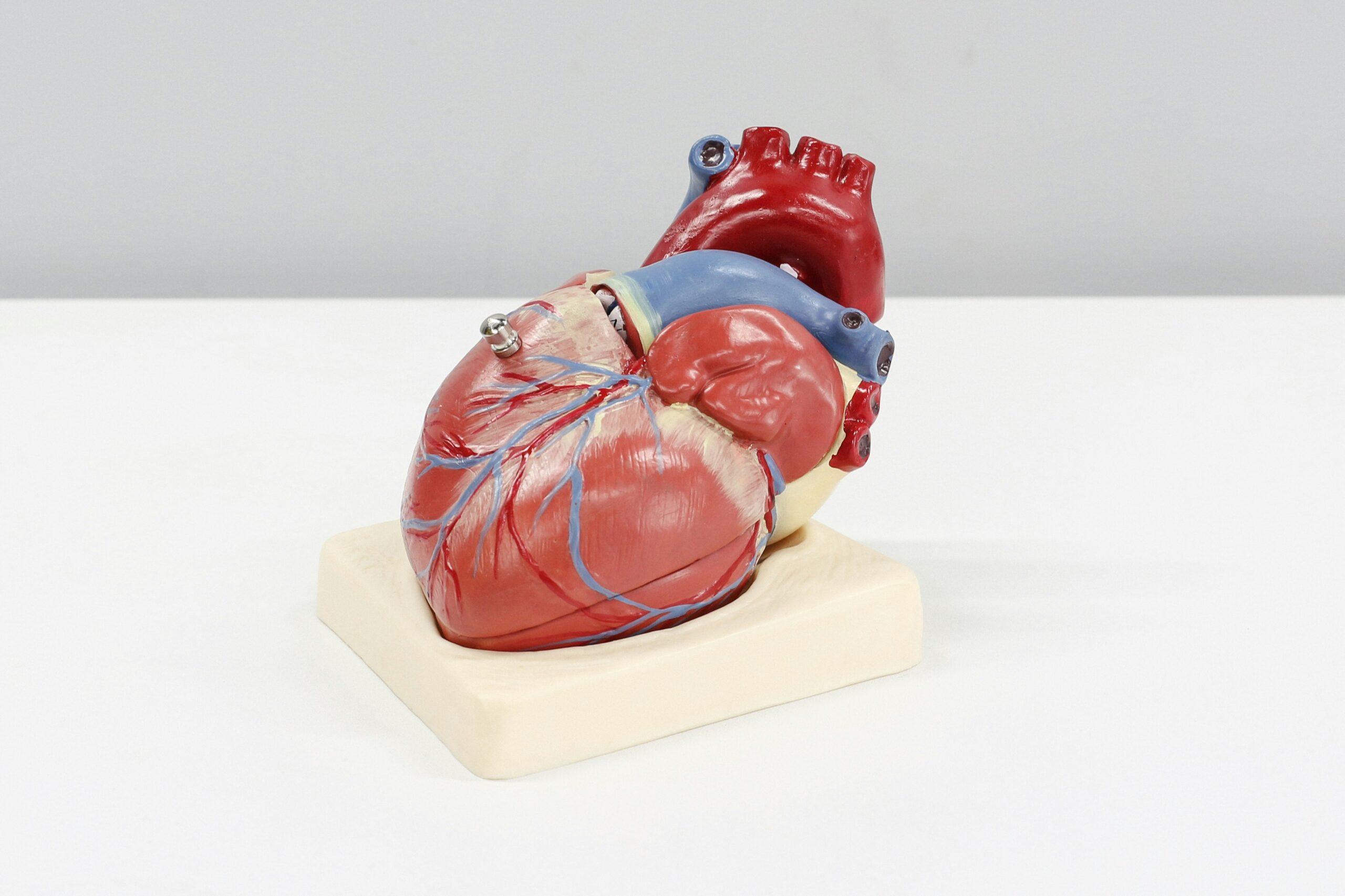A reader asks: can a simple formula reveal your “max HR”? Here’s Jonathan’s answer…
Do you ever read Image magazine? If so, you may have come across their regular medical feature, Ask the Doctor. A few weeks ago, the editorial team got in touch to see if we could help with a reader’s heart-related question.
The Image reader had heard it’s possible to calculate your own “max HR” using a simple subtraction:
220 beats per minute minus [your age] = your max HR
Here’s their question in full:
“I have recently bought a heart rate monitor chest strap to wear at the gym as they are encouraging us to stay in certain parameters of our ‘max HR’ for certain durations during our workouts. My question[:] they calculate our max HR by using 220bpm and taking away our age, so max HR for a 40-year-old would be 180bpm. Is this a safe and correct assumption or should I be seeking medical advice? I have never had heart issues but want to ensure I do things properly and don’t take heart rate advice from a non-doctor!”
First things first: what is a “maximum heart rate”?
If a resting heart rate is the number of times your heart beats per minute when you’re relaxing (for most of us, that’s between 60-100bpm), your max HR is the beats it takes when under maximum pressure. As the Mayo Clinic puts it: “The maximum heart rate is the upper limit of what your heart and blood vessel system, called the cardiovascular system, can handle during physical activity.” Knowing your max HR can help to calculate your target heart rate – a bpm range to aim for when doing exercise.
Is the reader’s formula correct?
The answer is… partially. But it’s not the whole story. It’s true that medics sometimes subtract age from 220bpm to get an approximate maximum predicted heart rate – take this article from the Centers for Disease Control in the Prevention in America as just one example. But ultimately, it’s an approximation. That’s because our heart rates are affected by a range of factors beyond age alone. These include things like your gender, fitness levels and certain medical conditions. Not to mention external factors like the environment you’re exercising in.
What else is important here?
Another key thing to consider is how your heart rate gets up to that max HR. Does it climb gradually to (for example) 180bpm? Or does it spike suddenly as you exercise? As we explain in the Image article:
“In a fit and healthy young individual like yourself, a gradual heart rate rising up to 180bpm during exercise without any symptoms, which gradually settles on cessation of exercise back to normal, would be considered a normal physiological response.
“However, if the heart rate change displays a sudden and instantaneous pattern, rising for example from 70-80bpm to 160-180bpm and returning to normal in an instant mimicking a ‘switch on switch off’ mechanism, then further investigations would be warranted.”
Read on!
A further thing to factor in is whether you experience any symptoms alongside the exercise – things like unexplained shortness of breath, for instance, or chest discomfort. As Jonathan writes in the article, these are symptoms that should be investigated immediately if they’re happening to you.
For the full answer to the reader’s question, check out the article on Image’s website:
Ask the Doctor: ‘My gym say our max heart rate is 220bpm minus our age — is this true?’






